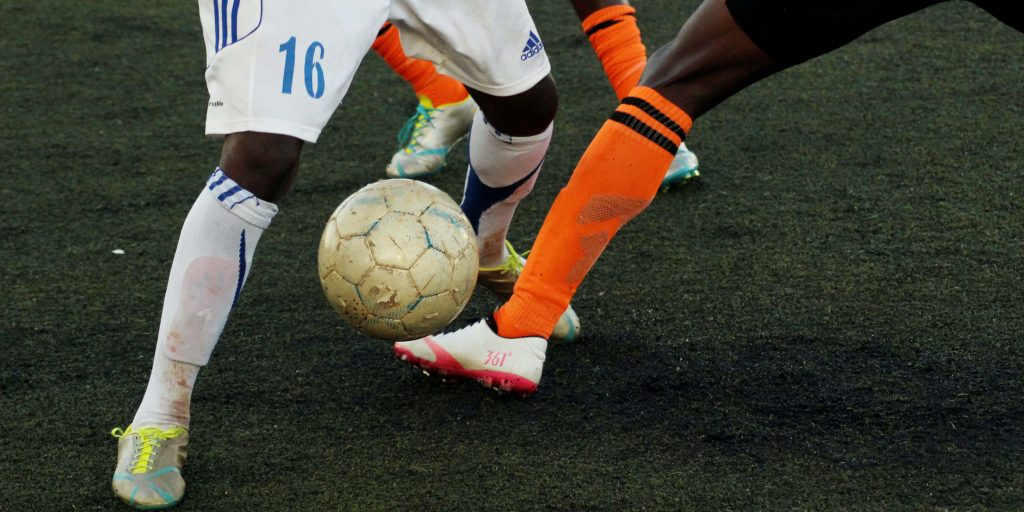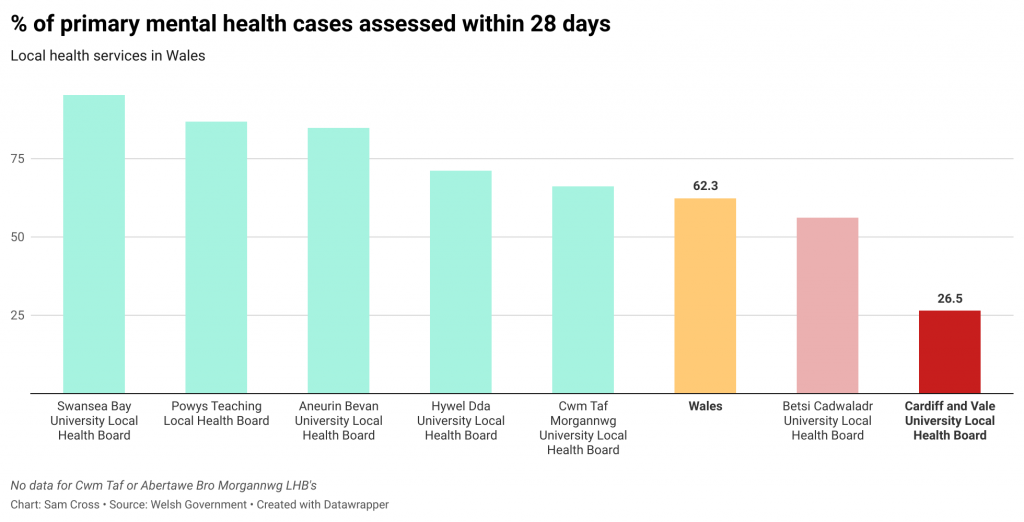The death of the Welsh legend and national team coach rocked the football world and sparked conversations about mental health across the sport

Fans of football will never forget Gary Speed. A prolific left winger, Speed bagged 112 goals in 740 professional appearances, and remains the sixth most-capped player for Wales at the time of writing. Post-playing career, the Welshman enjoyed a brief stint in charge of Sheffield United, before taking the reins of the Wales national team.
On 27 November 2011, Speed was found dead at his home in Cheshire, leaving a wife and two children. His death shook the footballing world, as former Swansea and Wales man Neil Taylor recalls to the BBC. In the decade that followed, men’s mental health became a nationwide talking point, as harrowing figures showed the true extent of the epidemic, which revealed suicide as the biggest killer of men under 50 in the UK.
But what has Welsh football done to change this?
Playing football for mental health
Physical activity is often suggested when looking at ways to improve mental wellbeing.
A study from the University of South Wales found that playing football had positive benefits for mental health, especially as part of a team where building relationships helped to normalise these feelings.
Philip Tyson is a senior lecturer in psychology at the University of South Wales and was part of the study. He said, “We think that team sports play a special role in enhancing mental health.”
Philip cites biological, psychological and social factors as being key to the success of football as a method of combating mental health. Releasing stress-reducing endorphins, providing distractions from low mood and forming friendships all help to boost wellbeing.
It’s all about coming together, giving ourselves a quick MOT on our mental health
Luke Rimes
Mental Health Football in Wales is a charity that was started solely for this purpose. Training sessions, competitive matches and tournaments are organised across South Wales to enable people to meet up and train as part of a team, with a focus on mental wellbeing through playing and connecting with others in a similar situation.
Football Association Wales (FAW) runs the ‘We Wear the Same Shirt’ campaign, which seeks to tackle not only the issue of mental wellbeing, but the stigma surrounding it. They claim that 90% of people with mental health problems suffer discrimination or stigmatization, which can prevent people from seeking the help they need. The campaign links with Wrexham AFC, Newport County AFC, Merthyr Town FC and Newtown AFC to offer weekly training sessions that get people involved with football and part of a community where they are able to share their feelings.
Even non-targeted activity can boost mental wellbeing. Luke Rimes, 25, from Cardiff Bay, plays 5-a-side football once a week, and describes the difference that it can make, “An evening a week is often all I need to reset from the pressures and stresses of daily life.”
“Sparing a moment to properly ask how we are is what it’s all about: coming together, giving ourselves a quick MOT on our mental health,” he added.
Watching football for mental health
But taking part is not the only way to get involved. At Wrexham AFC, Stephen Lloyd has launched Dragon Chat, an online service that encourages men to speak up when suffering issues with their mental health. The service runs a 90-minute video call every Thursday, with the first half offering a space to open up about mental health challenges and feelings. The second half brings everyone together to discuss the club: everything from transfers and injuries to performance on the pitch is up for discussion.
Stephen said, “I think the stigma [surrounding mental health] is reducing and some of the guys who come along regularly are now happy to talk about their mental health with newer members.”
He hopes that more football clubs will follow suit, as they target the specific group of men most at risk of suicide in the UK.
The demographic of football supporters is a hell of a lot of men in the 18-49 age group
Stephen Lloyd (Dragon Chat)
He added, “More football clubs paying attention and supporting mental health can only be a good thing; if you look at the demographic of football supporters, it’s a hell of a lot of men in that 18-49 age group”
Mental health in Wales by numbers
According to figures from the Welsh Government, Cardiff is currently the worst area in Wales for dealing with primary mental health support, assisting only 26.5% of service users within 28 days. That is substantially lower than the second worst performing area (Betsi Cadwaladr) at 56.2% and the Welsh national figures at 62.3%.
This means that the majority of those who are actively seeking assistance with their mental health are not receiving help in the timeframe set out by Cardiff and Vale University Health Board in the together for mental health pledge.

In general, the level of government funding for mental health problems has increased slightly, from £746k in 2017/18 to £809k in 2019/20. This includes a sharp rise in funding for child and adolescent mental health services.
Figures provided by the Office for National Statistics show that men in Wales are 4-5 times more likely to die from suicide than their female counterpart, and this figure has remained relatively consistent over the last 30 years.
Watching Dan Walker’s heart-wrenching memorial to Speed is enough to bring a tear to the eye but solace can be taken in the changes that have happened since his death. Men are starting to talk about their mental wellbeing and that will help to eradicate the stigmas carried with it. Wales is taking charge of using football to enhance that change and the early signs show that it can make a difference, one man at a time.

